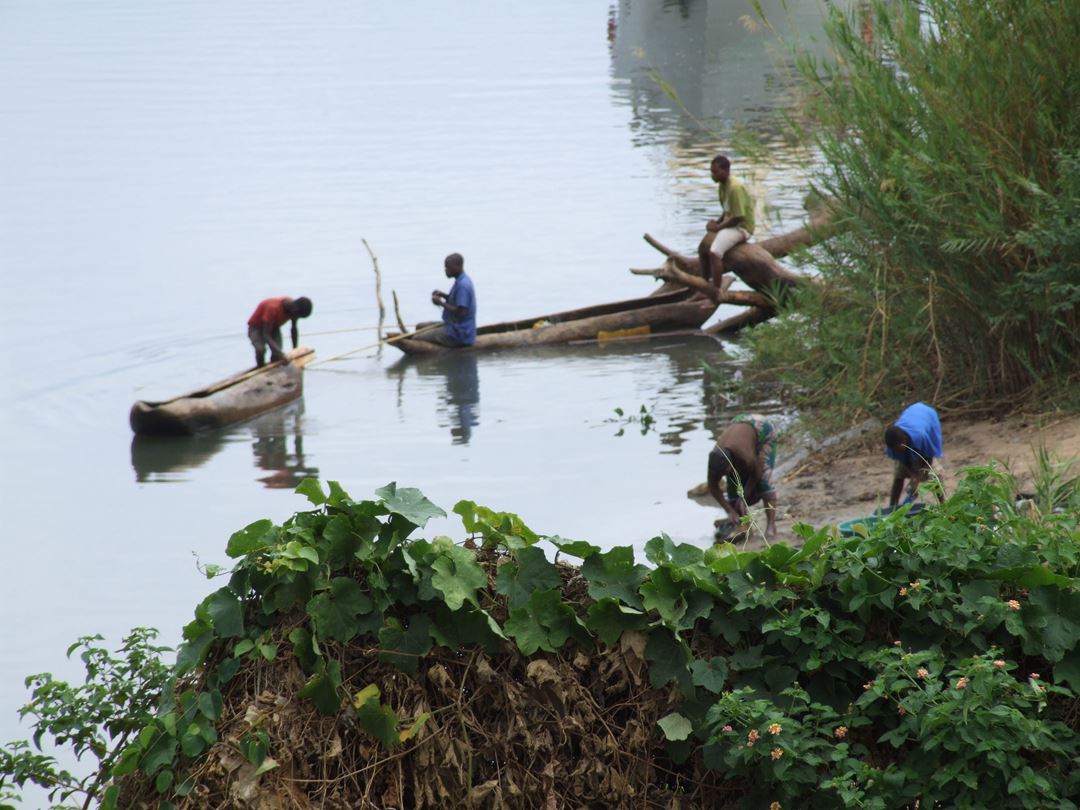The main objective of this project was to answer the following questions:
- What kinds of substances are commonly used in Malawi?
- Who uses substances?
- Why do people use substances?
- Status of different substances in society
There are two main substances of use and abuse in the study sites, namely alcohol and chamba. The results indicate that alcohol constitutes a bigger and more widespread problem than chamba. The substances used seem to be closely linked to the income of the user, but there is no clear connection between poverty and using substances. No matter how poor people are, they use substances, but the type of substances they choose depends on the money they have available at the time. Substances are used more often by men than women, and the reasons for using substances include increased sexual desire, gains in strength and intelligence, peace of mind, escape from problems, getting a clearer head, getting courage, etc.
This study calls for more research into the extent to which substances are used, where and by whom (who/which groups are vulnerable to the use and abuse of substances in Malawi), as well as studies looking at the relationship between substance use and poverty and substance use and HIV/AIDS. The study also calls for more attention to be given to the problems connected with alcohol use in Malawi, and not just the use and abuse of chamba. This should also be reflected in future research and future government prioritisation.
Collaborating partners are:
- Centre for Social Research, University of Malawi
- Gender Coordination Network, Malawi
- FORUT, Norway
- SINTEF, Norway
The project was funded by FORUT - Campaign for Development and Solidarity

